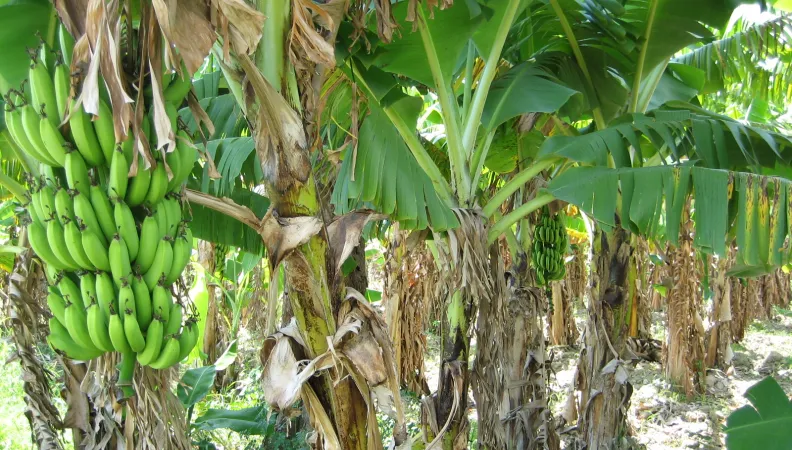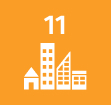Share the page
Supporting sustainable sectors and watershed development in Southern Haiti
Project


-
Project start date
-
Status
Completed
-
Estimated date of project termination
-
-
Project financing date
-
-
Financing duration
-
4 years
-
Type of program
-
FFEM
-
Global financing amount
-
€ 7 440 000
-
FFEM financing amount
-
€ 2 000 000
-
Project lead member institution(s)
-
AFD
-
Country and region
-
Haiti
-
Location
-
Haïti
-
Type of financing
-
Partners
-
Norway
-
Beneficiaries
-
United Nations Environment Programme (UNEP)
-
Type of beneficiary
-
International organisation


Southern Haiti is home to a wealth of biodiversity, but has fragile ecosystems which are under serious threat from climate change and human pressures. This “green economy” project, instigated by the AFD and supported by the FFEM, is aimed at strengthening socio-ecosystem management and the region’s system of protected areas.
Context
Southern Haiti is one of the Caribbean’s richest areas in terms of biodiversity. However its forest, coastal and marine areas - essential to the inhabitants’ economic activities - are threatened by climate change, natural disaster and unchecked human activity.
In 2013, nine zones were declared “protected areas”. Their management means taking action along their borders to curb the advancing threats and engaging the whole region and country in a resilient sustainable development process. The “Green economy” project is intended to strengthen ecosystem management and the regional protected areas by improving watershed management, protecting soils and creating new sources of income for rural households, based on sustainable economic activities.
Description
The project comprises three components:
- Supporting agroforestry development through reinforcing the sustainable cocoa sector: financing crop planting, supporting producer organisations and setting up export channels.
- Protecting soil fertility and better managing water in the vetiver fields: studying production systems, supporting grower cooperatives, financing anti-erosion planning, reinforcing systems for traceability and for social and environmental certification and training in watershed development.
- Coordinating and managing the project.
Outcomes
- Extending cocoa farms to at least 100 hectares within the southern agroforestry systems.
- Upskilling 200 to 300 producers of agroforestry coca, and 25 of those involved in watershed development.
- Improving the cocoa farms’ agroforestry system and marketing channels
- Making vetiver producer cooperatives viable through technical and financial support and training.
- Reducing soil loss and maintaining its fertility in developed micro-watersheds.
- Improving rural household income through sustainable activities
Innovative and exemplary features
By transitioning from land plots to micro-watersheds, this ecosystem approach innovates in managing the problem of soil erosion on vetiver fields. For cocoa, the emergence of an integrated fair trade sector bolstered by agreements between producer organisations and exporters regarding quality accreditation, as well as social and environmental accreditation, is an entirely new model in Haiti. Its effectiveness is on a par with approaches aimed at setting-up cooperatives, and lessons can be drawn for the future of the sector, the country’s environment and green public policies
Sustainable Development Goals
ODD11 Sustainable cities and communities

ODD13 Climate action



